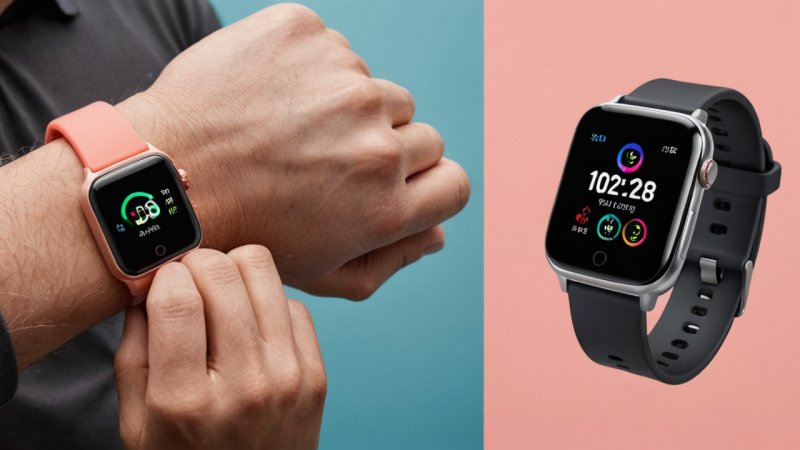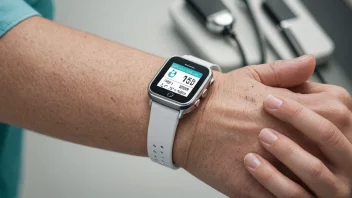In the ever-evolving world of wearable technology, fitness trackers and smartwatches are two dominant players that cater to different needs and lifestyles. Both devices offer unique functionalities, but understanding their differences is crucial for making an informed choice. In this article, we will dive deep into the pros and cons of fitness trackers and smartwatches, helping you decide which wearable best fits your lifestyle and health goals.
Overview of Fitness Trackers
Fitness trackers are compact devices primarily designed to monitor your physical activities and health metrics. They typically come equipped with sensors that track steps, heart rate, sleep patterns, and calories burned. Most fitness trackers focus on fitness-related features and offer a longer battery life compared to smartwatches.
Pros of Fitness Trackers
- Simplicity: Fitness trackers usually have a straightforward interface that makes them easy to use without overwhelming users with unnecessary features.
- Battery Life: With a focus on fitness tracking, many models can last several days or even weeks on a single charge.
- Affordability: Generally, fitness trackers are more budget-friendly than smartwatches, making them accessible to a wider audience.
Cons of Fitness Trackers
- Limited Functionality: While fitness trackers excel in health monitoring, they may lack advanced features like app support and notifications.
- Screen Size: The smaller screens on fitness trackers can make it difficult to view information at a glance.
Overview of Smartwatches
Smartwatches, on the other hand, are multifunctional devices that combine the capabilities of a traditional watch with those of a smartphone. They allow users to receive notifications, access apps, and even make calls, all from their wrist. While many smartwatches include health and fitness tracking features, they are designed for a more comprehensive user experience.
Pros of Smartwatches
- Versatility: Smartwatches offer a wide range of features, including customizable watch faces, notifications, and access to various applications.
- Connectivity: With Bluetooth and Wi-Fi capabilities, smartwatches can easily sync with your smartphone, providing a seamless experience.
- Advanced Health Monitoring: Many smartwatches come equipped with advanced health features, such as ECG and SpO2 monitoring.
Cons of Smartwatches
- Battery Life: Due to their multifunctionality, smartwatches typically require more frequent charging, often lasting only a day or two.
- Price: Smartwatches tend to be more expensive than fitness trackers, which might not fit every budget.
Key Differences Between Fitness Trackers and Smartwatches
While both fitness trackers and smartwatches have their merits, the choice largely depends on your individual needs. Here are some critical differences to consider:
1. Purpose
Fitness trackers are primarily aimed at fitness enthusiasts looking to monitor their health, while smartwatches serve as an extension of your smartphone, offering a broader range of functionalities.
2. Design and Usability
Fitness trackers are typically slimmer and lighter, making them comfortable for all-day wear, especially during workouts. In contrast, smartwatches may be bulkier but offer customizable interfaces and more interactive displays.
3. Health Features
Most fitness trackers focus on basic health metrics, while smartwatches often include advanced health monitoring features and apps that may provide insights into various health conditions.
4. Notifications and Apps
Smartwatches excel in providing notifications and access to various apps, whereas fitness trackers usually have limited notification capabilities.
Conclusion
Choosing between a fitness tracker and a smartwatch ultimately hinges on what you value more. If your primary goal is to monitor your health and fitness without the need for additional features, a fitness tracker is likely the best choice. However, if you seek a multifunctional device that keeps you connected and offers advanced health insights, a smartwatch may be the better option. Consider your lifestyle, budget, and health goals to make the most informed decision that enhances your daily life.






